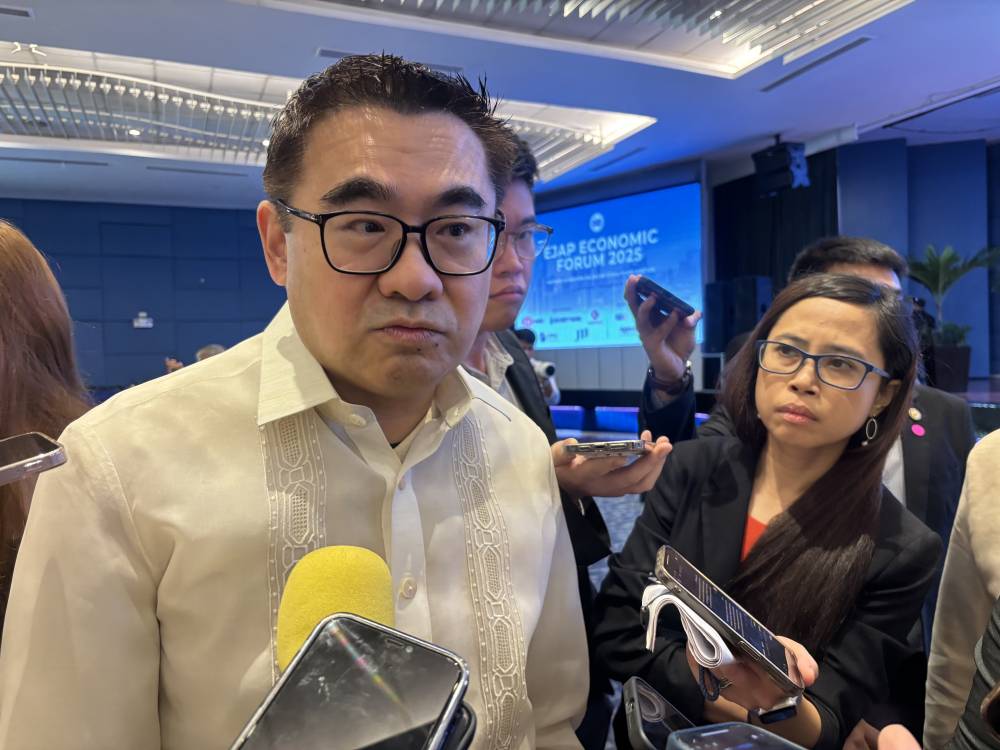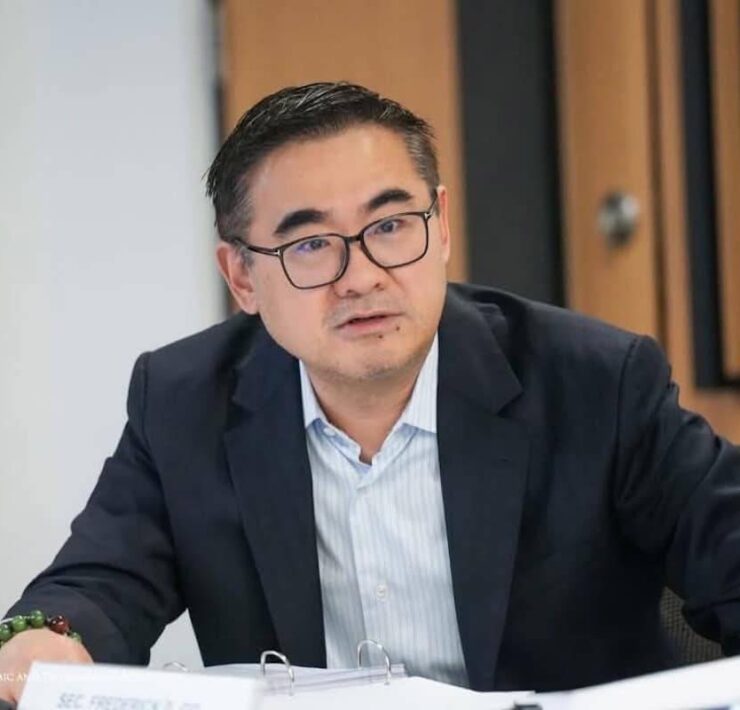Exemption of PH semiconductors from 100% US tariffs pushed

The Philippine government will lobby for an exemption of the country’s semiconductor exports from the steep tariff on foreign-sourced chips announced recently by US President Donald Trump.
Frederick Go, Special Assistant to the President for Investment and Economic Affairs, said on the sidelines of the 2025 Economic Journalists Association of the Philippines Economic Forum on Monday that the government was “still seeking clarification” from the US Trade Representative (USTR) on whether locally manufactured chips were indeed subject to the tariff.
This, as semiconductors were part of a list of products that were supposed to be exempt from a wide range of tariffs that took effect last Aug. 7.
But last Aug. 6, Trump unveiled plans to impose a staggering 100-percent tariff on imported chips that end up in a wide range of products from smartphones to appliances, computers and video game consoles.
Go said government negotiators would request a call or meeting with their US counterparts, noting that tariff-related updates were mainly coming from media reports or social media announcements.
According to the country’s investment czar, semiconductors remain a “gray space” given the lack of details, but expressed hope that the tariff exemption would stay.
“We’re hoping … We have expressed this, that assembly, testing, and packaging was a process that the semiconductor companies would probably want to outsource. They don’t want to do it in America,” Go told reporters.
“The very reason that this was outsourced means that this is probably something they are not keen on doing. We’re hoping that it will be viewed this way,” he added.
The Philippines will be hit hard by a 100-percent tariff as electronic products were the country’s top export product, accounting for $39.09 billion or 53.4 percent of total exports of $73.27 billion in 2024.
The United States was also the leading destination of Philippine exports in 2024, accounting for 16.6 percent or $12.14 billion of total export receipts, according to the Philippine Statistics Authority.
The worst-case scenario is that all semiconductor companies will be forced bring their manufacturing operations back to the United States to avoid the hefty tariffs.
“If you believe that, that that will happen. If you believe that every company in the world will shut down all their operations all over the world and reopen it all in America, if you believe that the labor force of America will want to do assembly testing packaging, which is a very highly manual job, if you believe that all these companies will actually abandon all their operations in the Philippines within a certain period of time, if you believe the whole world order will change, then that is your worst case scenario,” he added.





















